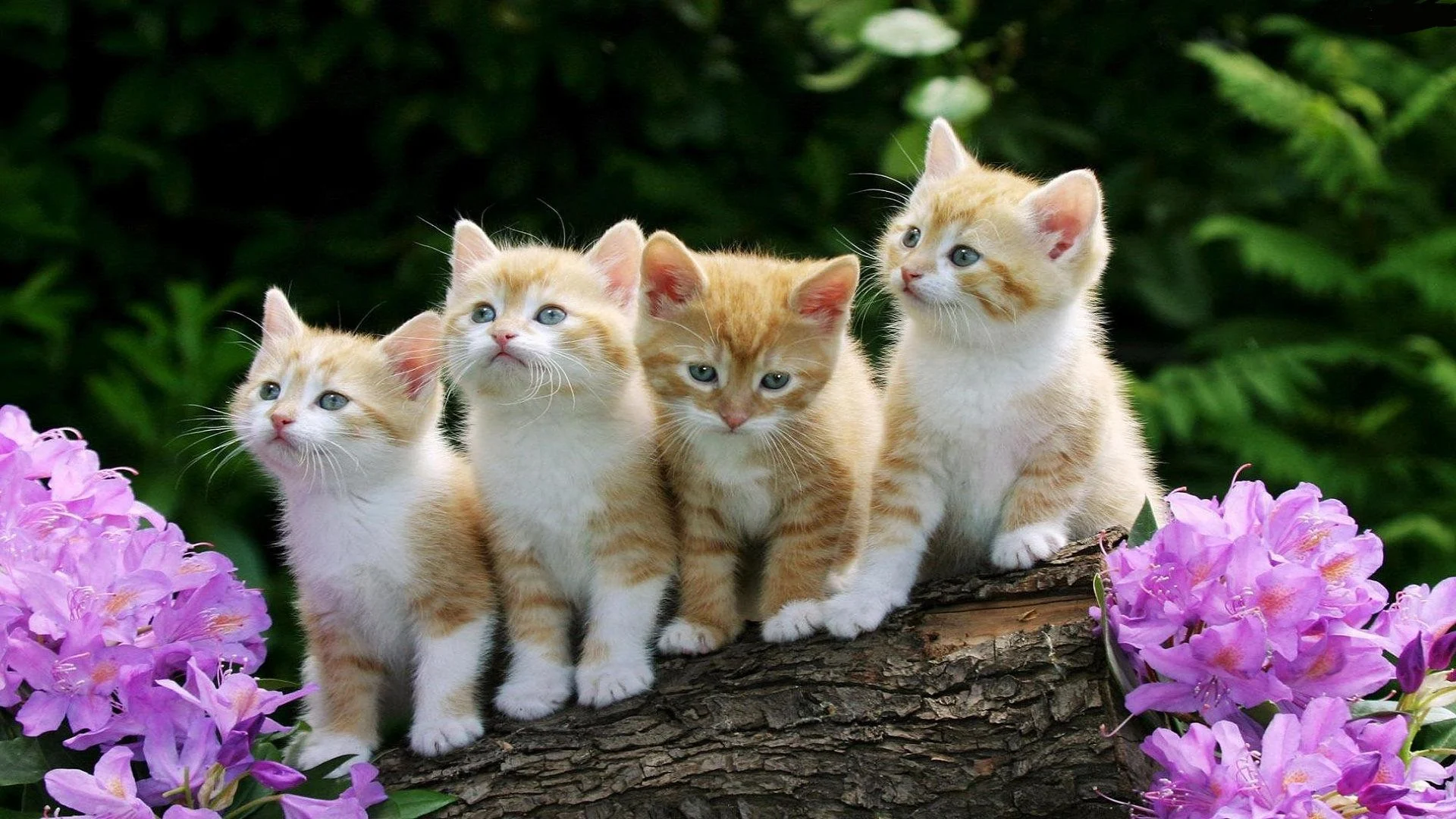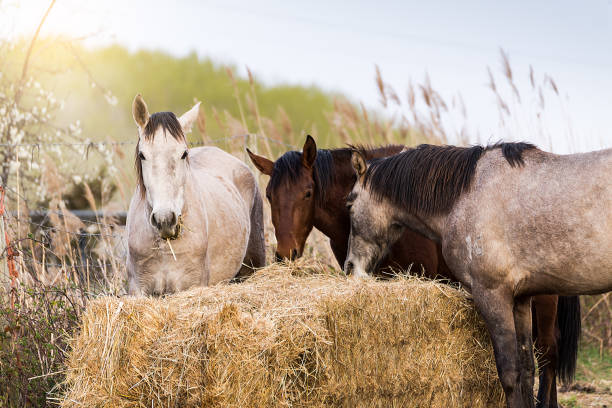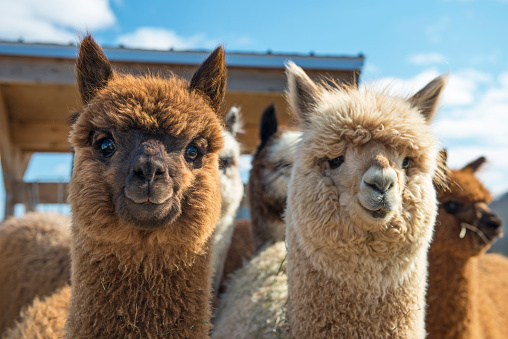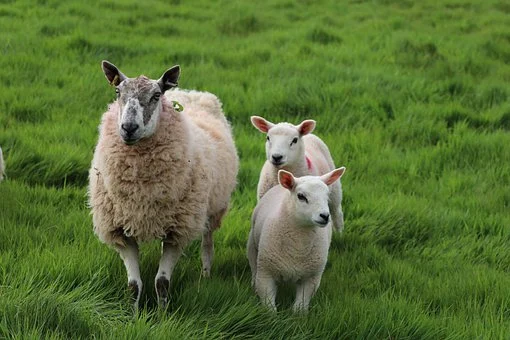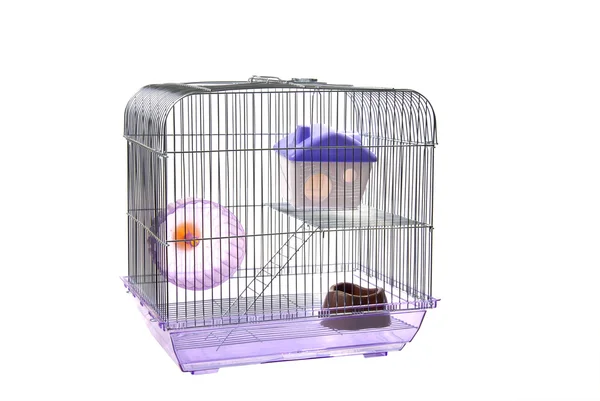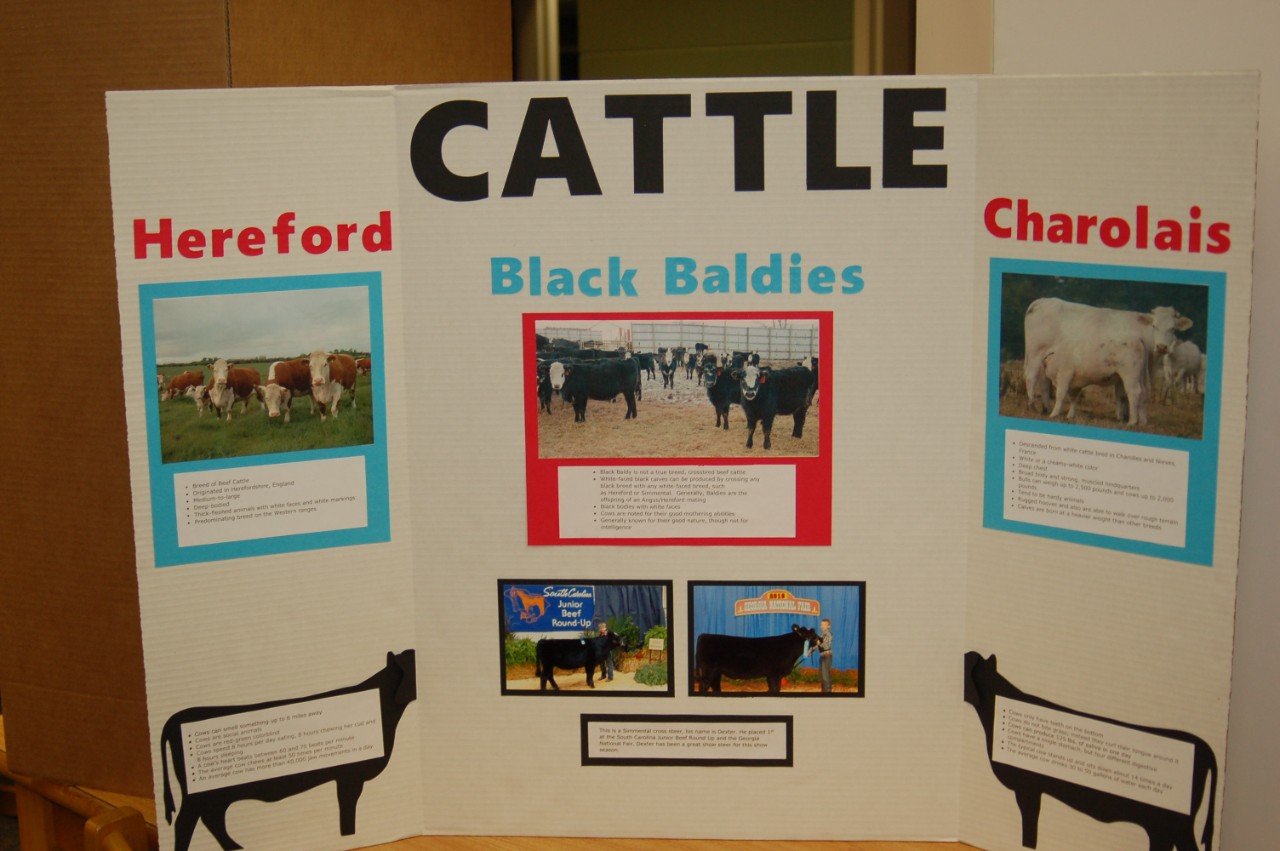Animal Projects
All Exhibits and Livestock will need to be identified and entered in the correct class in Fair Entry.
All 4-H exhibits must have been completed since the previous year’s fair.
Contact Us
Lauren Fenneman, Youth Educator
lhaase@purdue.edu
Purdue Extension Dubois County
505 W 5th Street
P.O. Box 588
Jasper, IN 47547
812-482-1782
Animal Project Guidelines
- To exhibit beef cattle, dairy cattle, swine, sheep, goats, poultry and rabbits, 4-H members must be certified through a quality assurance training. One quality assurance training is Indiana 4-H Quality Livestock Care. This is annual program that can be completed via in-person trainings and must complete before exhibition. For more information about in-person trainings please contact your County Extension office.
- This requirement is an important educational opportunity for 4-H livestock members. Making this an exhibition requirement is how we are ensuring that 4-H members learn about quality assurance, but it really has nothing to do with animal exhibition. The real reason we are requiring this is so youth learn best management practices with their animals.
- NOTES: If youth take more than one type of animal, the 4-H member only needs to complete the training once to cover all animals. Must complete before exhibition.
- ALTERNATIVE Training: Youth for the Quality Care of Animals (YQCA) To exhibit and unable to attend Indiana 4-H Quality Livestock Care training, may complete Youth for the Quality Care of Animals (YQCA). This is an annual program that can be completed via online modules and must complete before exhibition. More information about YQCA is available at http://yqcaprogram.org.
NOTES: If youth take more than one type of animal, the 4-H member only needs to complete the YQCA once to cover all animals.
- Indiana Board of Animal Health has specific requirements for livestock when exhibiting in Indiana including general requirements, species specific requirements about identification and vaccination.
- For full Indiana Board of Animal Health Exhibition Requirements go to https://www.in.gov/boah/boah-rules/exhibition-requirements/
4-H members (Grades 3 – 12) must identify all Beef and Dairy Cattle, Goats, Horses, Sheep and Swine in the 4HOnline system by May 15 to be eligible for exhibition. Please visit http://www.extension.purdue.edu/county/dubois for specific species instruction on how to enroll. The system will shut down and animals will not receive ID or be eligible because they missed the deadline
For animals over 300 pounds the Mini 4-Her must be assisted by a parent, legal another adult designated in writing by parent or legal guardian. (Assisted means with the child at all times.)
- Animals to be used by Mini 4-H participants must be checked in at the same time as 4-H member animal check-in of fair week. They may bring their own animal or use an animal entered by another 4-H member.
- Exception: Mini swine, poultry and horse showmen must use another 4-H member's animal which has been checked in during 4-H Member project check-in. They are not to bring their own animal. Mini 4-H Horse showmen please see Horse Section for additional showmanship guidelines.
- Release: Livestock animals brought by Mini 4-H age participants must remain at the fairgrounds and will be released with 4-H Member animal release.
- Decisions for what class animal is placed in will be made in 4-H Online and Fair Entry. These will be double checked at check in of Fair. NO CHANGES WILL BE MADE AFTER CHECK-IN.
- Show bills will be completed by Extension office staff from information collected at check in. Livestock Council Committee will review all show bills besides dairy which will already be complete. Show bills will be posted Sunday evening at the show arena.
- Changes to show bills can be requested with a Change of Class Request form. Those will be turned into the Extension Office and reviewed by the Council Committee and approved or denied.
- A substitute showman will be allowed for a showman who
- Has another animal in the same class
- Has another commitment like a tournament, another show, or another event.
- Other pre-approved reasons.
- If the youth thinks there is any chance they will not be there to show, a form IS REQUIRED. Below is the process.
- A triplicate substitute showman form will be picked up at check in.
- Form must be filled out by 5:00 pm of check in day.
- One sheet will be kept by the family to be turned in to the ring steward upon entering the ring.
- One sheet will be kept by the Extension Office
- One sheet will be kept by the Species Committee
- Substitute showman forms can always be canceled. Substitute showman forms will not be allowed to be added after 5:00 pm of check-in unless there is an emergency reason.
- Changes to show bills can be requested with a Change of Class Request form. Those will be turned into the Extension Office and reviewed by the Council Committee and approved or denied.
- Wear protective footwear. Please no sandals, rubber boots, or tennis shoes when working with your animals. Protect your feet. This is recommended for all times and not just during livestock shows.
- During shows, wear nice polo or long sleeved shirts buttoned as high as your collarbone. Other nice shirts with appropriate neckline are acceptable. Shirts should be tucked in if at all possible.
- During shows, please wear belts or other fastening devices (suspenders) to keep pants at waist level.
- Poster
- Members can showcase what they learned with a poster exhibit for a specific species.
- Posters will be placed into a level determined by 4‑H grade as follows: Level 1 - grade 3-5, Level 2 - grade 6-8, Level 3 - grade 9-12
- References for posters, notebooks and display boards are required. The judge will not discredit an exhibit for the manner in which references are listed.
- ALL POSTERS need to be turned in on check in day for the exhibit buildings. DO NOT turn any posters in at animal check ins.
- Every poster will receive a green, white, red, or blue ribbon based on quality as selected by the judge.
- Develop an idea and build it into an attractive display/poster as well as learn the technical aspect of some part of the specific animal industry.
- See General Exhibit and Label Attachment Instructions for further poster details.
- Manual
- Manuals are not required if showing an animal, but are still available upon request for participation without an animal.
- Complete 3 activities from specie manual and turn in to the Purdue Extension office during check-in of fair week.
- Species Showmanship
-
- 4-H member can show another 4-H member’s animal during the species showmanship of fair week for completion.
- YQCA Training must be completed before 4-H member can show in showmanship.
-
- YQCA is not required for a 4-H member who will not show an animal at the Fair.
Fraud and/or deception will not be allowed relative to exhibits-being defined to include but not limited to the following:
- Tampering, altering and/or misrepresentation relative to an animal’s breeding, age, and ownership.
- Unethical fitting of animal exhibits consisting of administration of any substance or performance of any surgical procedure, altering the animal’s conformation and/or rending its tissue unfit for human consumption at the time of exhibition.
- For animals that originate in Indiana certificate of veterinary inspection (CVI) is not required.
All large livestock will be released Saturday at the end of fair week at various times. See specific species rules for times and exceptions such as market animals, lactating females, etc.
All animals that die/expire at the fair will be transported to the Purdue Heeke Animal Diagnostic Disease Laboratory at SIPAC to determine potential cause of death. This is to insure the biosecurity and safety of all livestock in Dubois County. All costs associated with the potential necropsies will be paid by the Dubois County 4-H Council. Results will be available to the 4-H member upon request.

